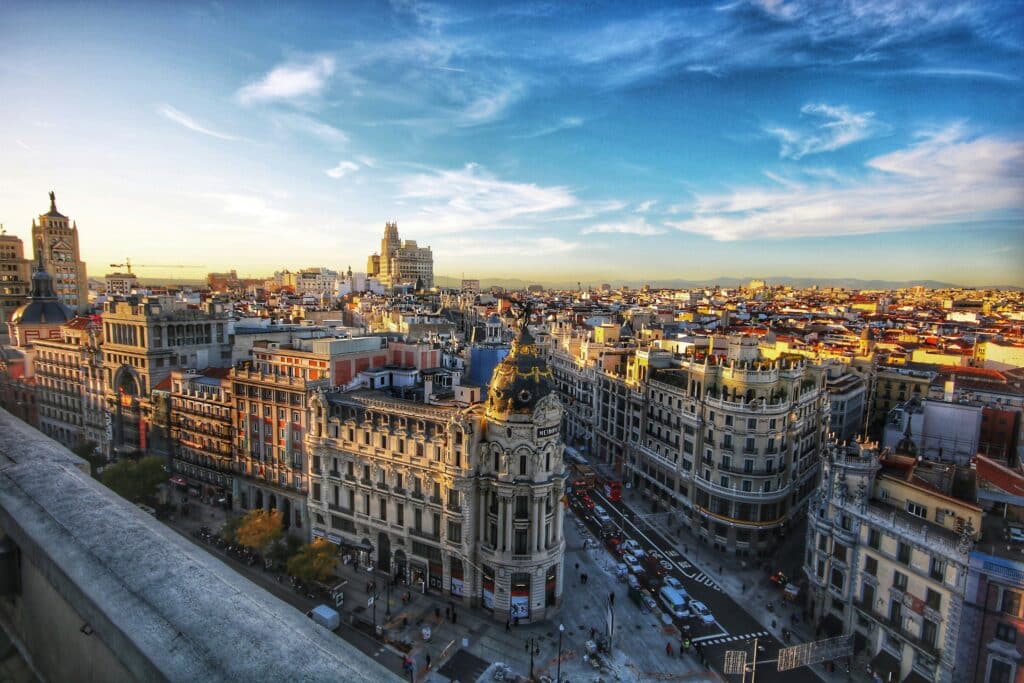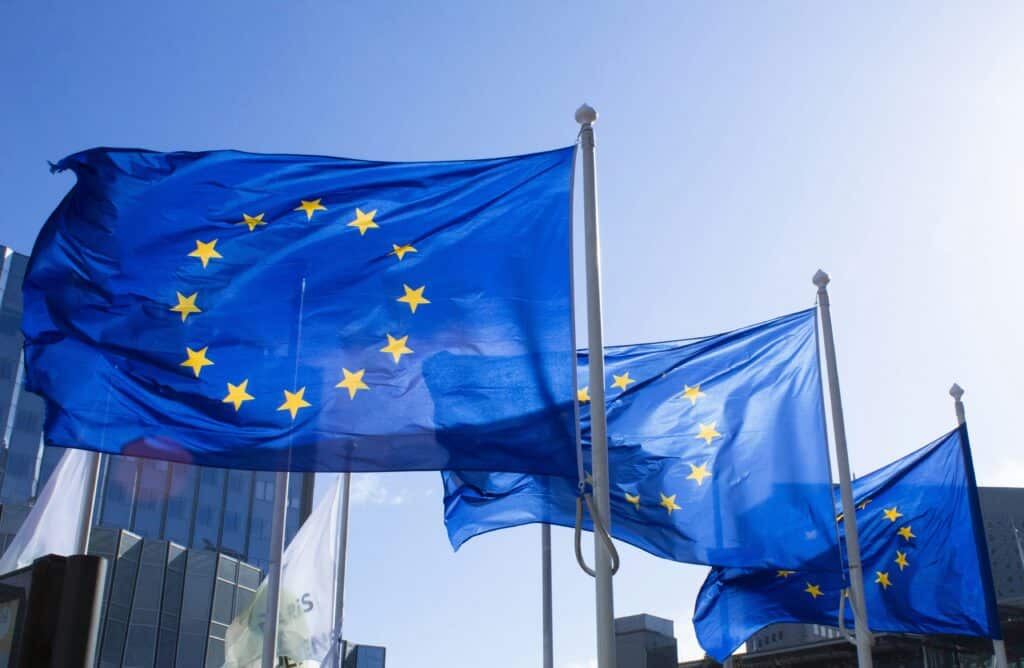The EU Methane Strategy – the case for multilateralism
Highlights from the online event: The impact of the EU methane strategy on the natural gas market
On December 3, the Florence School of Regulation (FSR) together with the Environmental Defense Fund (EDF) held a second webinar discussing the EU Methane Strategy adopted in mid-October 2020. On this occasion Poppy Kalesi (EDF), who moderated the webinar, took a closer look at the external dimension of the strategy and the impact on the natural gas market and the major EU natural gas suppliers.
Watch the highlights
OGMP 2.0 and International Methane Emissions Observatory (IMEO) explained
The EU Methane Strategy and its impact on natural gas suppliers
Main takeaways
Tackling the data problem
Currently available data on methane emissions are characterised by a high degree of uncertainty. This is partly due to the characteristics of methane emissions – geographic dispersion and heterogeneity of emission sources (super emitters), and partly due to the fact that the majority of methane emissions are estimated, but not directly measured.
On a more positive note, companies are doing more and more to address this problem either by setting individual methane reduction targets or by joining other voluntary initiatives, such as the Methane Guiding Principles or the recently launched UNEP-led initiative – OGMP 2.0 (Oil and Gas Methane Partnership), which was joined by 62 companies representing 30% of global oil and gas production.
Global problems require global solutions
Another initiative led by UNEP, with support of the European Commission, is the International Methane Emissions Observatory (IMEO). Manfredi Caltagirone explained during the event that the Observatory with be tasked with five core functions: 1) challenging and corroborating company reports using different sources of data, including the satellite observations, 2) updating core methodologies based on scientific advances, 3) publishing aggregated company reports and tracking progress, 4) aggregating confidential core source data and publishing an annual report, 5) providing technical support and knowledge to countries to reduce methane emissions
Energy diplomacy – the sticks and the carrots
During the webinar, Stefano Grassi (EU Commission) highlighted that the international dimension plays a central role in the EU Methane Strategy. In fact, the European Commission is already discussing the issue of methane emissions with its counterparts from Nigeria, Qatar, and is planning to raise this multilaterally with the G20 and the World Bank.
The European Commission has different tools at its disposal to ensure that its energy suppliers monitor and reduce methane emissions such as targets, incentives, standards, but “the diplomatic route is the way to move quickly” according to prof. Jonathan Stern. In this context, cooperation with Russia, Qatar, US, Algeria, and Nigeria will be of great significance.
Conclusions
The impact of the EU Methane strategy is expected to go beyond the natural gas market once blue hydrogen or blue ammonia production picks up. The speakers indicated two more affected areas: 1) the EU energy security and souring of natural gas imports; 2) the investment and financing of natural gas projects, especially following the inclusion of ‘do not significant harm principle’ into the Regulation (EU) 2020/8523 (the Taxonomy Regulation) and Regulation (EU) 2019/2088 on sustainability related disclosures in the financial services sector (the so-called Disclosure Regulation). However, the question that still remains open is how to integrate the cost of methane emissions into natural gas prices?







